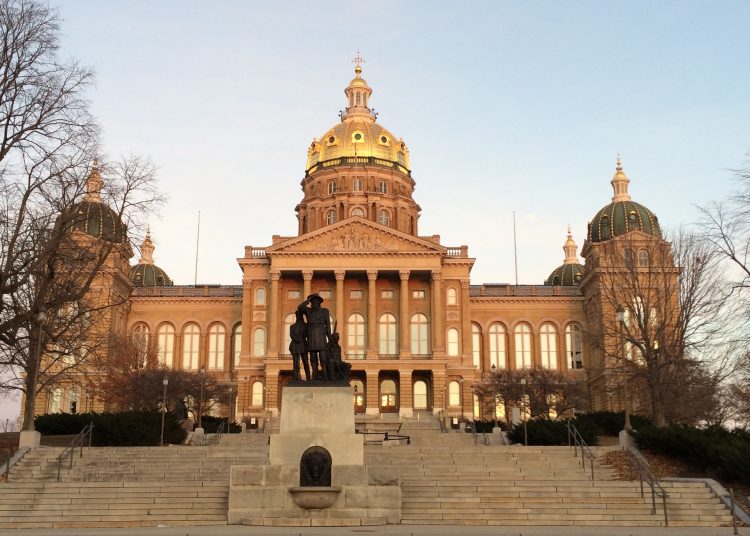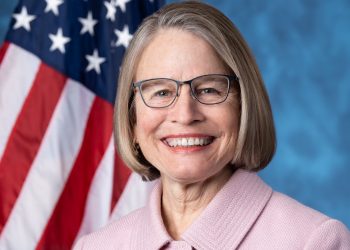DES MOINES, Iowa – The Iowa Senate Appropriations Committee approved SF 2349, a bill that creates education savings accounts for eligible students, by a party-line 13 to 8 vote on Monday.
The bill, as SSB 3080, cleared a subcommittee on February 2 and then passed in the Iowa Senate Education Committee on February 17 by a 10 to 4 party-line vote.
The legislation is more expansive than just the education savings accounts. Still, since those accounts called “Student First Scholarships” require funding by the Iowa Legislature, the Senate Appropriations Committee has to approve the bill.
The “Student First Scholarships” would be implemented during the 2022-2023 school year. Scholarships would be worth 70 percent of the state’s per-pupil spending, currently $5,359, for qualified education expenses. A student must be enrolled in a public school for the 2021-22 school year and have a household income that does not exceed 400 percent of the federal poverty level or have an individualized educational plan to be eligible. The scholarships in the first year will be capped at 10,000.
The remaining 30 percent will be reallocated to smaller school districts with 500 or fewer students.
State Senator Ken Rozenboom, R-Oskaloosa, who managed the bill in committee, encouraged the committee to focus their comments on the education savings accounts section of the bill that requires funding.
State Senator Claire Celsi, D-West Des Moines, was the only member to speak in opposition to the bill.
“We already spend $104 million, a $104.5 million, on private school and homeschool services here in Iowa,” she said. “So it’s not like we already as a state don’t support school choice.”
Celsi said the program represents a funding increase of 42 percent for private and home schools, while public school funding only increased 2.5 percent in FY 2023.
She said those who called in opposition to the education savings accounts know they “will bleed money away from public schools.”
“We should not be using taxpayer dollars to create a parallel system that we then have to support,” Celsi added.
Rozenboom, in his closing comments, disagreed.
“We’re talking about children in our schools. Iowans demonstrate every day how valuable they believe school choice is. There are severe limitations on school choice right now. I think this bill, while very limited in scope, with a cap of 10,000 students does move the ball on on school choice,” he said.
Trish Wilger, the executive director for Iowa Alliance for Choice in Education, told The Iowa Torch they were encouraged that the Iowa Senate Appropriations Committee approved the bill.
“Parents are demanding options for their kids and legislators are responding. This is an exciting time for Iowa families who haven’t had choices when it comes to educating their children,” she said.
















